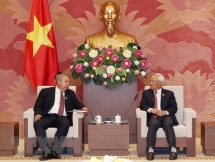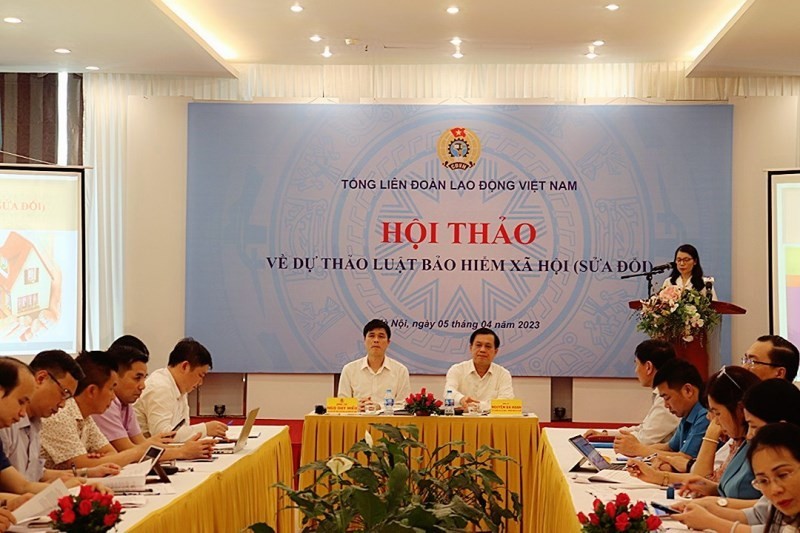Draft amendment brings challenge to Vietnam social networking sites
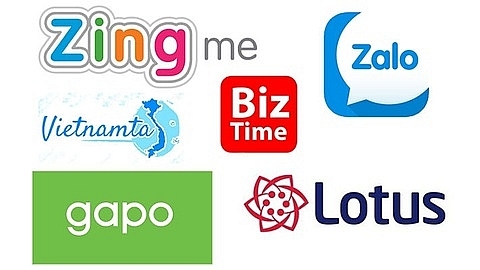 |
| Over 500 small local social networking sites may have to apply for a permit to continue earning money (Photo: VIR) |
According to VIR, social networking sites with more than one million users or 10,000 interactions a month will have to get licensed through the Ministry of Information and Communications (MIC) to operate in the country, according to Article 23 of the draft amendment to Decree No.72/2013/ND-CP outlining the management, provision, and use of internet services and online information.
Moreover, only licensed platforms will be allowed to charge subscription and usage fees, not even for live-streaming.
The draft also mentioned that sites with less than one million users or 10,000 interactions a month would have to file a document to the appropriate authorities to get permission to maintain operations.
The outstanding content in the draft is that the re-posted content on the website must be posted at least 1 hour later than the time of original content release.
In addition, the draft also limits the scope of activities of aggregated websites. Accordingly, the websites are only aggregated on one of the fields such as science, technology, economics, culture, sports, entertainment, advertising and social security.
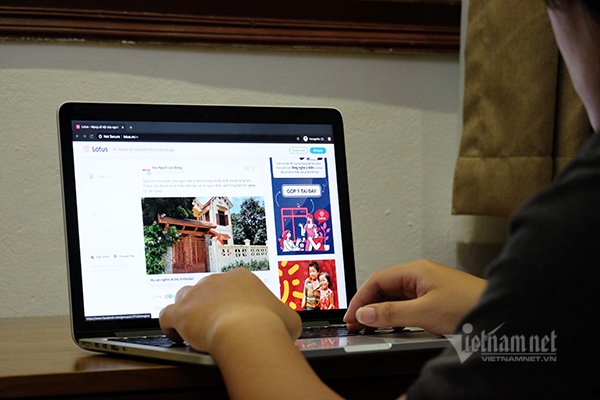 |
| The draft also limits the scope of activities of aggregated websites (Photo: Vietnamnet) |
According to the draft decree, the general website only focuses on reporting on issues related to the locality that it is licensed to avoid giving negative information to other localities.
At the end of December 2019, Vietnam had 614 social networking sites, less than 10 per cent of which had more than one million users. Thus, the remaining 90 per cent (more than 500 platforms) do not satisfy the requirements to charge users.
The amendment is believed to not resolve the issues facing small-scale platforms which heavily outnumber larger platforms in Vietnam. Trinh Minh Giang, CEO of Venture Management Consulting Group advised consulting the related laws of other countries, especially those which have succeeded in creating a win-win situation for both the government and companies, before outlining similar rules in Vietnam. “This will allow the platforms to be hit less by new regulations.”
On the other hand, the draft does not fully cover the gaps related to overseas platforms such as Facebook and YouTube which have been operating in Vietnam without licenses and gathered the lion's share of the country's advertising market.
 |
| Draft amendment brings more challenges to social networking sites (Photo: Thanh Nien) |
Indeed, local social networks running in Vietnam without licenses or with expired licenses are fined for VND20-30 million ($870-1,300) following Article 63 of Decree No.174/2013/ND-CP stipulating the administrative sanctions in the telecommunication and postal services. Similar to the latest draft, it has no clauses related to violations by overseas platforms.
“If the platforms are forced to terminate their operations in Vietnam because they do not have licenses, these users will be the first to suffer. They will lose a great deal of important data related to their business, and lose an effective business tool,” said Giang. “The drafting board should also work with international experts to research policies of nations with an effective online environment.”
On the other hand, according to Mr. Le Quang Tu Do, Deputy Director of Department of Broadcasting & Electronic Information, Ministry of Information and Communications, the management in this form will create favorable conditions for enterprises' activities and indirectly promote the development of domestic social networks.
The draft will also set out specific regulations to handle the situation where some social networks are saturated or taken advantage.
With the emergence of multi-service social networks such as livestreams, education, movies, etc. the draft also requires the developer to apply for licenses for each specialized service. This is to avoid the fact that some units only apply for social network licenses but then develop multiple services.
In the case of specialized services that violate the law, the state management agency will request the service's removal. If the business does not perform, the regulator will have the right to stop the operation of the social network, reported by Vietnamnet.
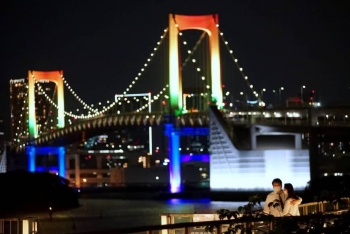 | Japan reopening: Begun to ease social distancing measures The remaining five of Japan’s 47 prefectures — Tokyo, Chiba, Kanagawa, Saitama and Hokkaido — were released from the state of emergency following an announcement ... |
 | Google survey: ‘beach’- Vietnam's most searched keywords for post social distancing Vietnamese people are ready to travel again after the prolonged social distancing restrictions, with beaches are the most favored destinations, a travel trend conducted by ... |
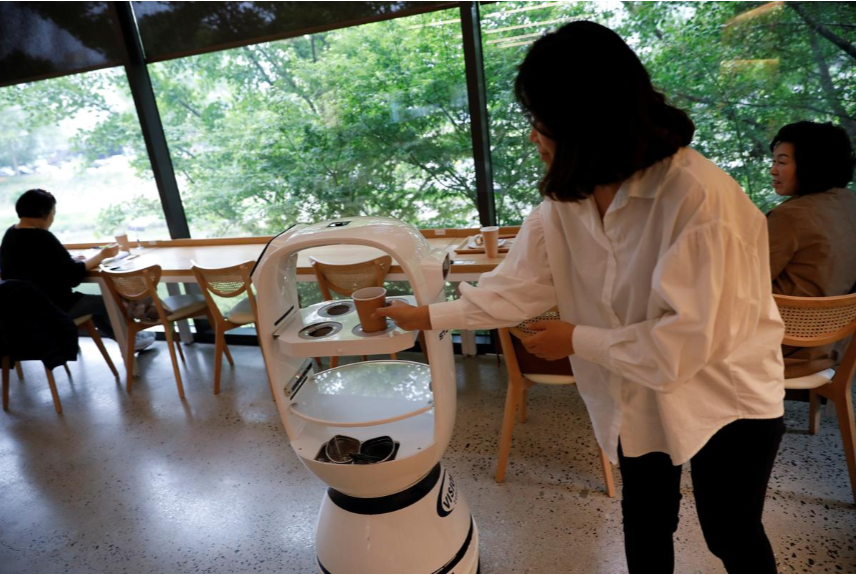 | Robot Baristas Reinforce Social Distancing at South Korean Cafe Just like you are in a movie: approaching a familiar coffee house, grab a cup of morning hot cappuccino with zero human-ing involved. Surprised? A South ... |
Recommended
 Viet's Home
Viet's Home
24 Children with Disabilities in Northern Provinces Received Free Surgery
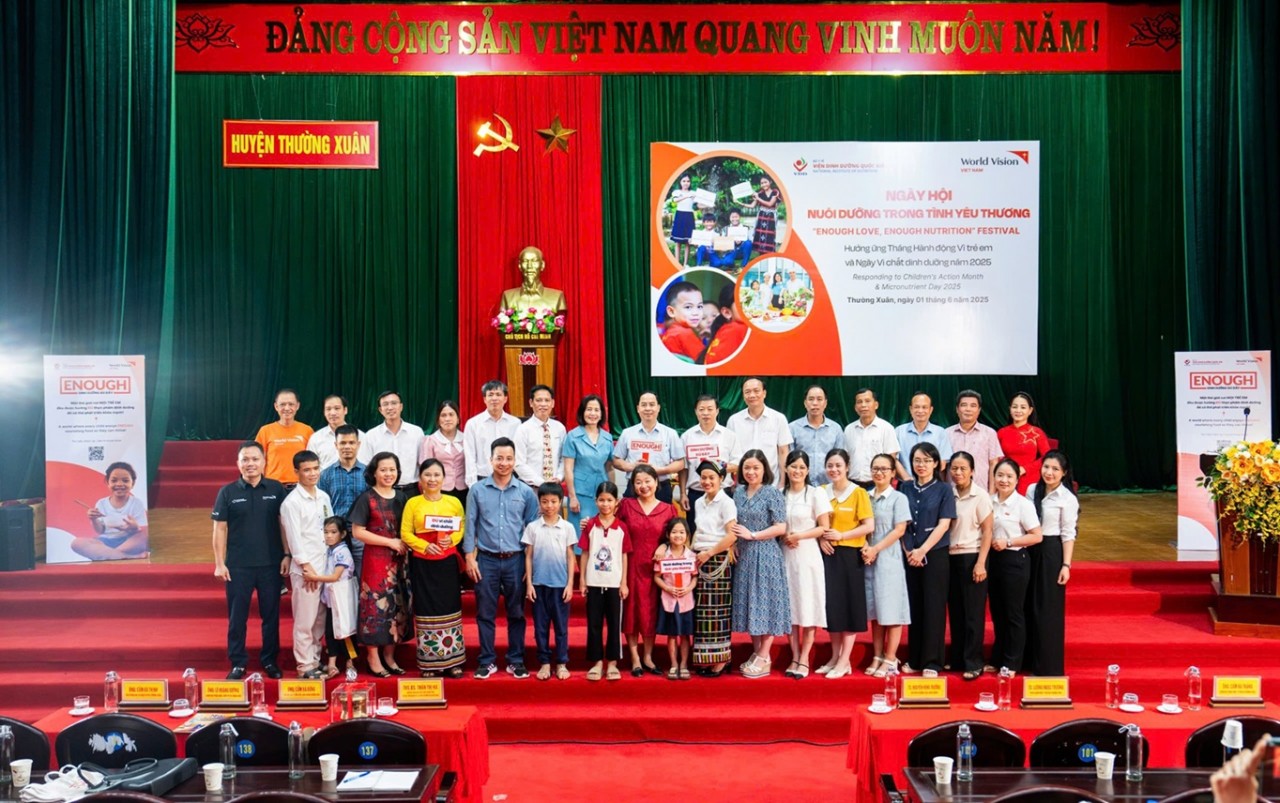 Viet's Home
Viet's Home
World Vision Promotes Comprehensive Nutritional Care for Vietnamese Children
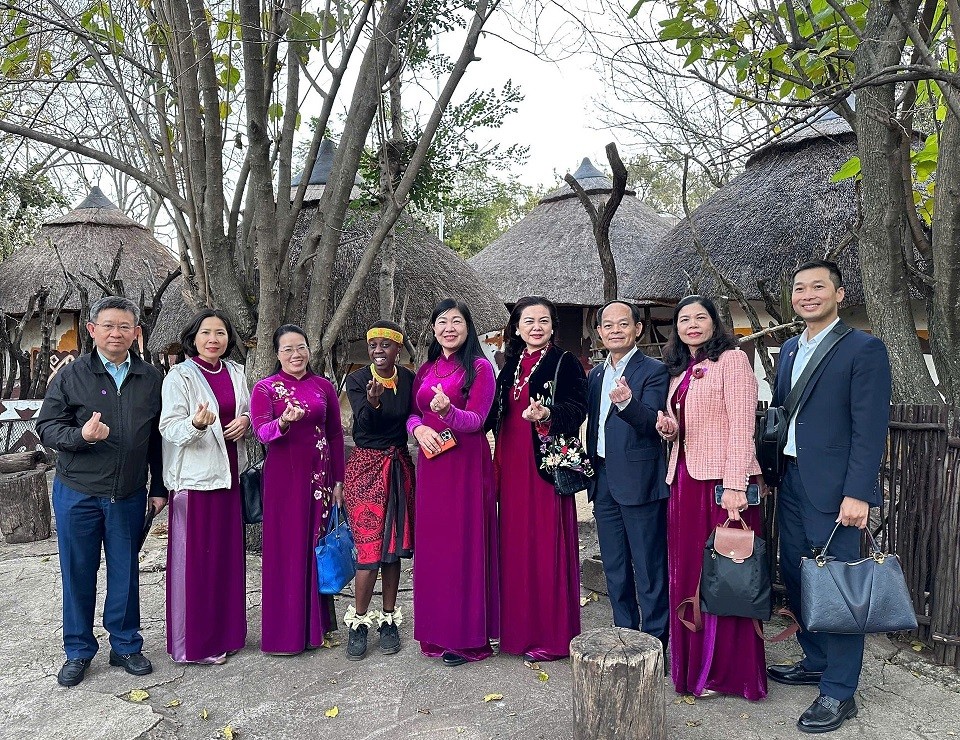 Viet's Home
Viet's Home
Hanoi, South Africa Strengthens People-to-people Exchanges, Expands Multi-sector Cooperation
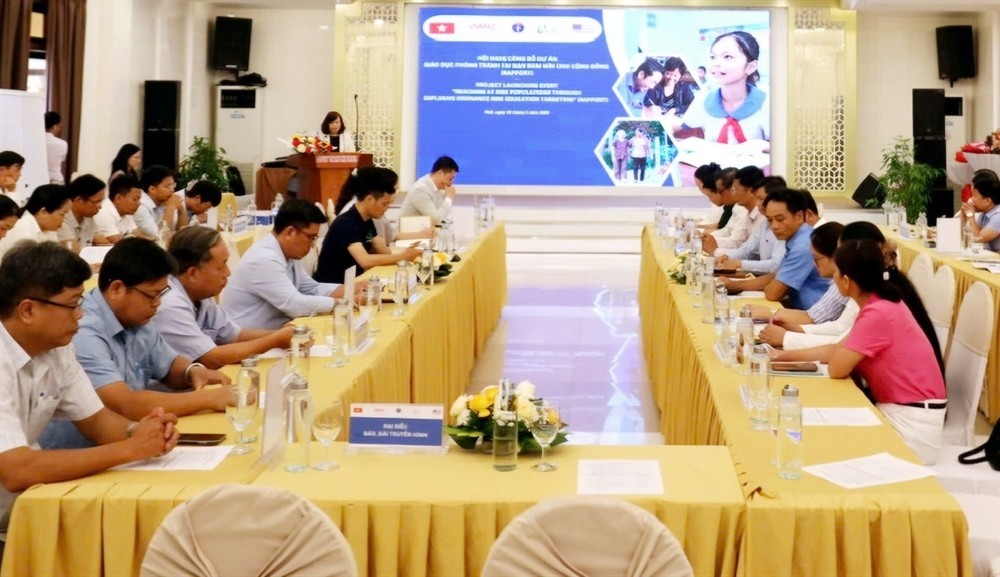 Viet's Home
Viet's Home
Hue City to Raise Awareness on Mine Accident Prevention
Popular article
 Focus
Focus
Vietnam Leaves Imprints on the World Peacekeeping Map
 Viet's Home
Viet's Home
“Global Vietnamese Singing 2025” - Connecting Hearts Longing for Homeland
 Viet's Home
Viet's Home
Vietnam’s People's Public Security Force Actively Contributes to UN Peacekeeping Operations
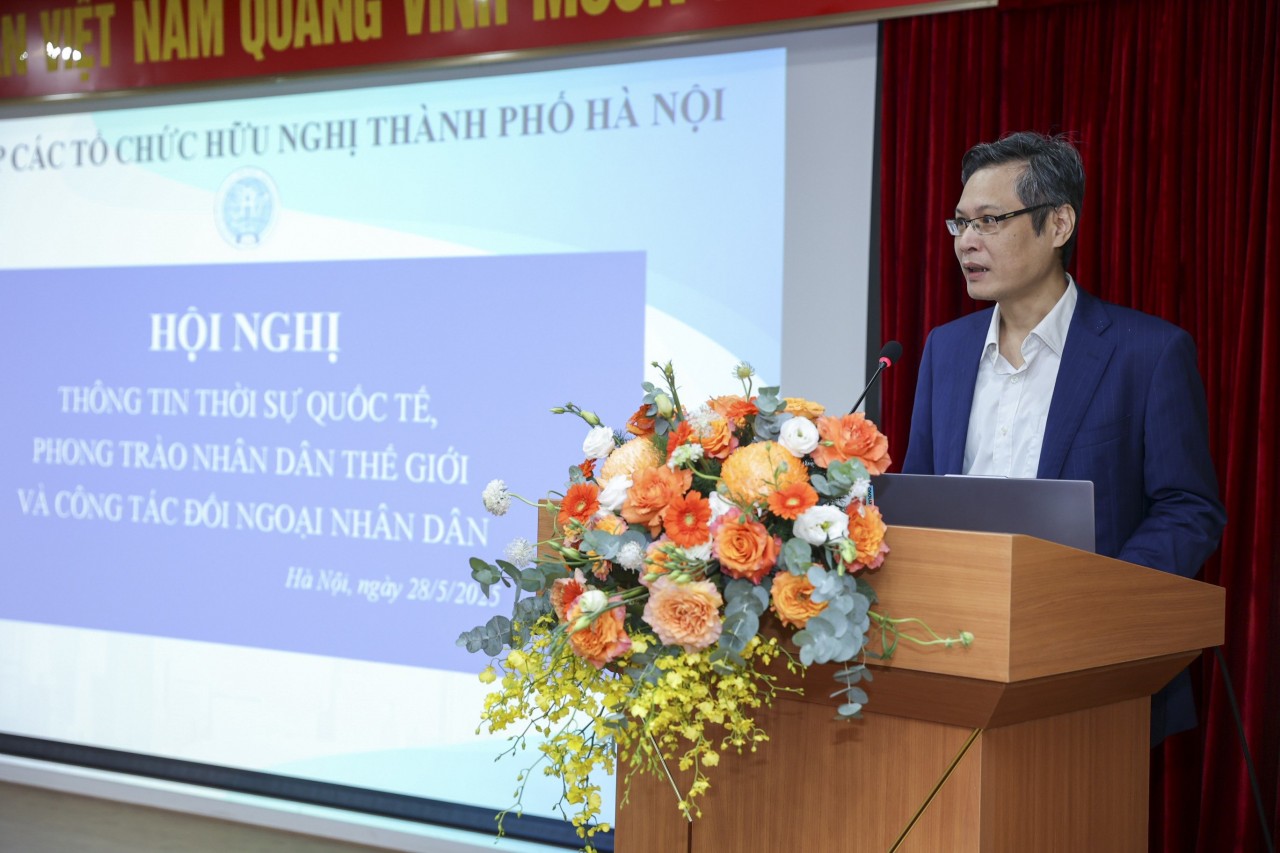 Viet's Home
Viet's Home



